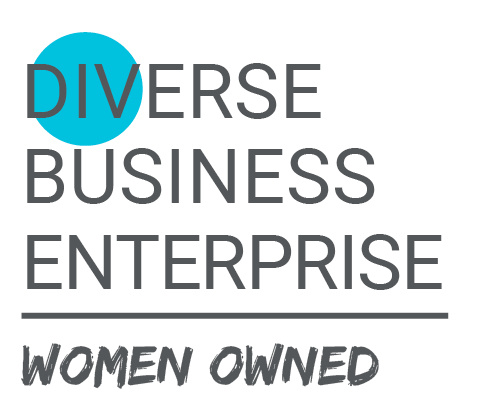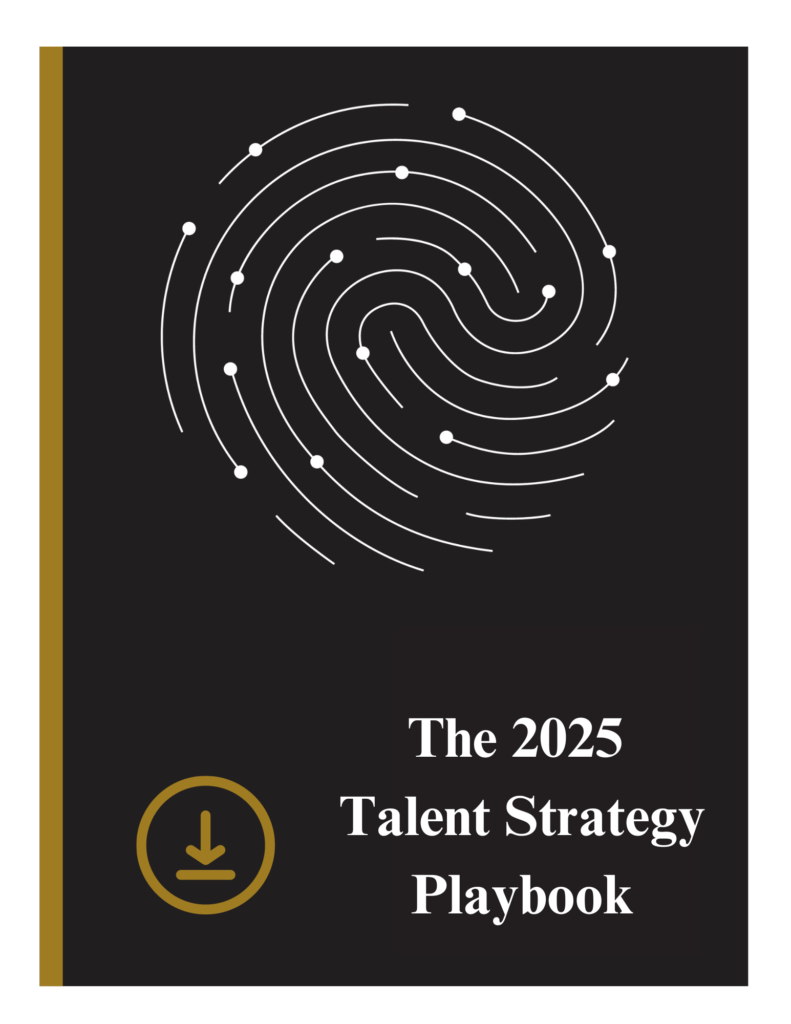Executive recruitment is a high-stakes process, as key leadership roles significantly impact an organization’s direction and long-term success. The importance of identifying and securing the right talent cannot be overstated; however, it is equally crucial to navigate the numerous legal complexities that accompany this process. Organizations face a multitude of potential legal pitfalls, including compliance with anti-discrimination laws, the drafting of enforceable employment contracts, and adherence to data privacy regulations. Each of these factors plays a critical role in the overall recruitment strategy and can significantly influence the outcome of the hiring process.
Failure to address these issues can lead to costly litigation, reputational damage, and challenges in attracting top talent. Furthermore, the landscape of labor laws is continually evolving, necessitating that companies remain attentive and informed about changes and updates that could affect their recruitment practices. Developing a comprehensive and legally sound recruitment strategy involves a proactive approach to compliance, ensuring that organizations can focus on what matters most: selecting exceptional leaders who will drive the organization forward.
This guide aims to clarify the essentials of navigating the legal aspects of executive recruitment, helping organizations implement practices that not only mitigate risk but also enhance their overall recruitment effectiveness. By understanding these legal considerations, companies can foster a fair, inclusive, and successful hiring process.
1. Anti-Discrimination Laws
When recruiting executives, companies must adhere strictly to anti-discrimination laws, such as the U.S. Equal Employment Opportunity Commission (EEOC) guidelines or equivalent regulations in other regions. This includes ensuring that job descriptions, interview questions, and selection criteria are free from bias related to race, gender, age, religion, disability, sexual orientation, and other protected characteristics. Here are some key considerations:
- Develop Inclusive Job Descriptions: Use gender-neutral language and avoid jargon that may alienate certain groups.
- Standardize Interview Questions: Create a consistent set of questions to ask all candidates to minimize bias and ensure fair evaluations.
- Train Hiring Managers: Provide regular training on unconscious bias and inclusive hiring practices to promote awareness and sensitivity.
- Monitor Recruitment Metrics: Implement a systematic approach to tracking the demographic diversity of candidates at each stage of the recruitment process. This practice is intended to identify and mitigate potential biases, ensuring that all hiring decisions are based on objective criteria and are in compliance with applicable anti-discrimination laws.
2. Employment Contracts and Non-Compete Clauses
Executive contracts must be carefully constructed to protect both the organization and the executive. These contracts typically include key elements such as compensation, performance incentives, benefits, severance packages, and other essential terms of employment. Non-compete clauses, which prevent executives from joining rival companies for a certain period after leaving, are also commonly included. Here are some important aspects to consider:
- Clearly Define Terms: Specify the scope, duration, and geographical limits of non-compete clauses to ensure they are reasonable and enforceable.
- Consult Legal Counsel: Seek legal advice to navigate varying enforceability of non-compete agreements across different jurisdictions.
- Include Severance Provisions: Clearly outline severance pay and conditions under which it will be granted to protect both parties in case of termination.
- Regularly Review Contracts: Update contracts to reflect changes in laws and business needs, ensuring continued compliance.
3. Data Privacy Regulations
Data privacy is a crucial element in the recruitment process, particularly as companies increasingly rely on digital platforms to gather and store candidate information. Laws such as the General Data Protection Regulation (GDPR) in the European Union and the California Consumer Privacy Act (CCPA) in the U.S. require companies to handle personal data responsibly and transparently. Here are some key practices:
- Obtain Explicit Consent: Ensure candidates are aware of how their data will be used and obtain their consent before collecting personal information.
- Limit Data Access: Restrict access to candidate data to only those involved in the hiring process to enhance security.
- Implement Data Security Measures: Use encryption and secure storage methods to protect sensitive information from unauthorized access or breaches.
- Conduct Regular Audits: Periodically review data handling practices and privacy policies to ensure compliance with evolving regulations.
Navigating the legal aspects of executive recruitment requires diligence and a keen awareness of laws related to discrimination, employment contracts, and data privacy. By ensuring compliance with anti-discrimination laws, organizations promote fairness and inclusivity. Well-drafted employment contracts that account for variations in non-compete clauses across regions protect both the company and the executive. Additionally, compliance with data privacy regulations is critical in safeguarding candidates’ personal information. To stay ahead of potential legal challenges, organizations should continuously monitor evolving labor laws, seek legal counsel, and engage with industry experts to remain informed about trends and best practices. This proactive approach mitigates risks, avoids legal pitfalls, and ensures that the recruitment process remains compliant, ethical, and effective in securing top talent for long-term success.



















